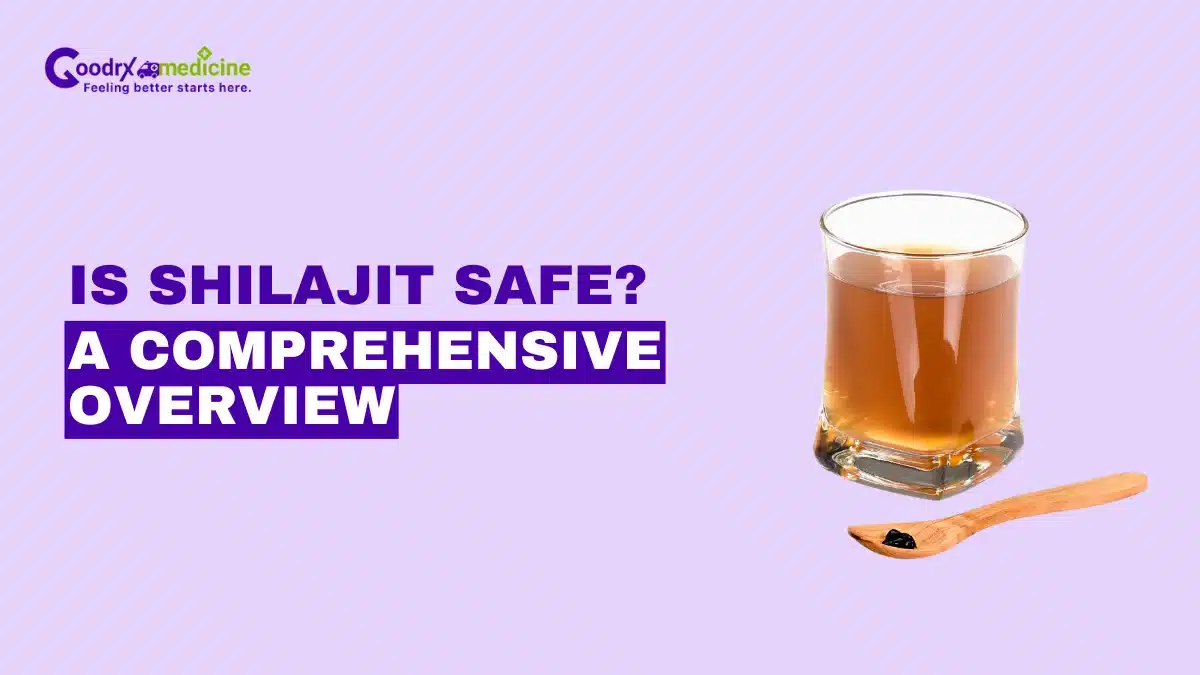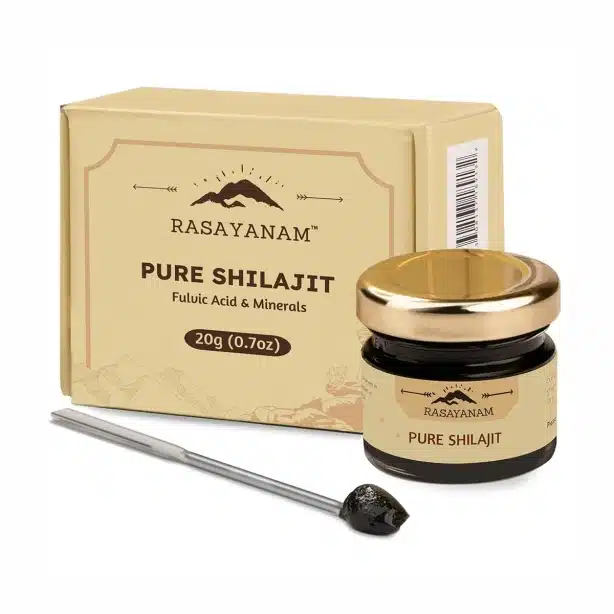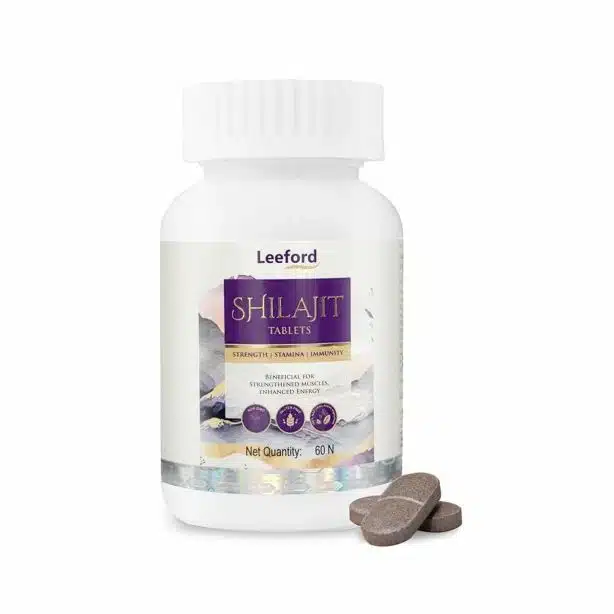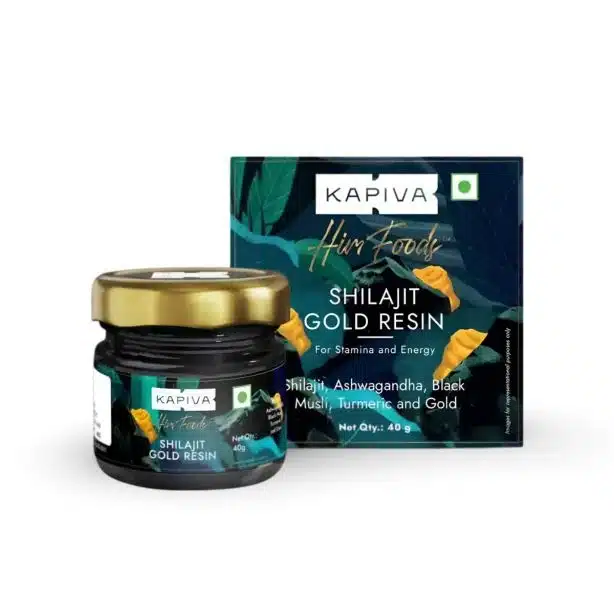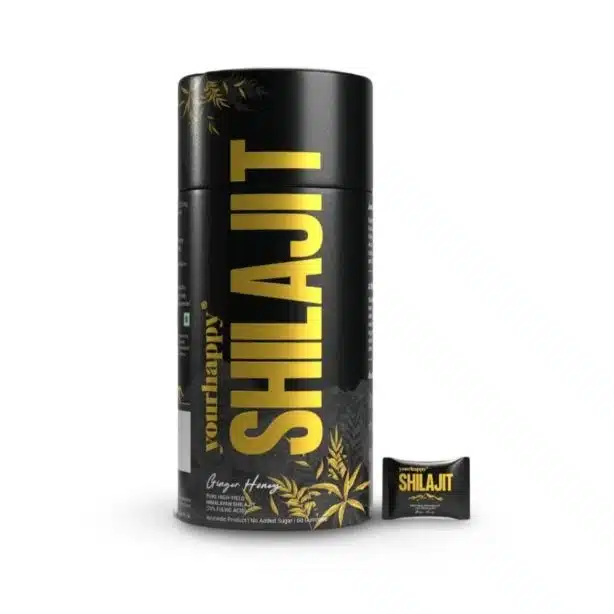Shilajit is a natural substance cherished in traditional medicine, particularly Ayurveda, for its extensive health benefits. Extracted from the rocks of mountainous regions, primarily the Himalayas, Shilajit has been used for centuries to boost energy and improve health.
It is praised for enhancing energy, improving cognitive function, and supporting overall well-being. However, with its increasing popularity as a supplement, a critical question arises: Is Shilajit safe? The answer is yes; Shilajit is generally safe for most people when used correctly and sourced from a reputable provider.
However, as with any supplement, there are important factors to consider regarding its safety. This article provides a detailed exploration of Shilajit, its safety, who should avoid it, tips for choosing high-quality Shilajit, and answers to common questions surrounding its use.
What is Shilajit?
Shilajit is a sticky, blackish-brown substance that oozes out of rocks in high-altitude regions during the summer months. It comprises humic substances, fulvic acid, and various minerals and trace elements. In Ayurveda, Shilajit is considered a Rasayana, a substance that promotes rejuvenation and longevity. It is known for its potential to:
- Boost energy levels and reduce fatigue.
- Enhance cognitive function and memory
- Support healthy aging
- Improve sexual health and fertility
- Strengthen the immune system
Shilajit is available in several forms, including Shilajit resin, Shilajit gummies, and Shilajit tablets, making it easy to incorporate into your daily routine.
It is often called the “conqueror of mountains and destroyer of weakness” due to its wide range of health benefits.
How safe is Shilajit?
Shilajit is generally safe when used properly. Centuries of use in traditional medicine support its safety profile. However, there are a few key factors to consider to ensure its safe use:
Purity Concerns: The most significant safety concern with Shilajit is contamination. Low-quality Shilajit products may contain heavy metals, free radicals, and other harmful substances. Consuming contaminated Shilajit can lead to various health issues, including heavy metal poisoning.
Dosage: Taking the right dosage is crucial. Most studies and traditional uses suggest that 500 mg daily is safe and effective. However, exceeding this dosage could lead to adverse effects such as gastrointestinal pain, dizziness, or allergic reactions.
Interactions with Medications: Shilajit may interact with certain medicines, particularly those that affect blood pressure, blood sugar levels, and hormone therapies. If you are on any medications, it’s always best to consult a doctor before taking Shilajit.
Side Effects: While side effects are rare, some people may experience mild side effects such as an upset stomach, itching, or a rash. These are usually temporary and subside once the body adjusts to the supplement.
Who Should Avoid Shilajit?

While Shilajit is beneficial for many, certain groups of people should avoid using it:
- Pregnant and Breastfeeding Women: The safety of Shilajit during pregnancy and breastfeeding has not been well-studied, so it’s generally recommended to avoid it during these times.
- People with Certain Medical Conditions: Shilajit should be avoided by people with conditions such as Hemochromatosis (excess iron in the blood), Gout, or a history of kidney stones, as it could worsen these conditions.
- Children: Shilajit is not recommended for children unless prescribed by a healthcare provider.
- Individuals with Allergies: If you have known allergies to substances similar to Shilajit, such as certain plants or minerals, it’s best to avoid it.
Tips for Choosing High-Quality Shilajit
Ensuring that you are getting pure and high-quality Shilajit is crucial for safety. Here are some tips to help you make the right choice:
- Source Transparency: Look for brands that are transparent about the source of their Shilajit. Himalayan Shilajit is the gold standard, so opt for products sourced from this region.
- Flame Testing: You can self-test Shilajit for its purity by doing flame testing. Pure Shilajit does not burn; it expands and gives off white smoke.
- Third-Party Testing: Choose products that have been third-party tested and are GMP-certified for purity and potency. This testing ensures that the product is free from contaminants like heavy metals and fulfils purity criteria.
- Packaging: High-quality Shilajit should be packaged in airtight, light-resistant containers to preserve its potency and prevent degradation.
You can consider products like Shilajit resin, Shilajit gummies, Pure Shilajit and Shilajit tablets, as they are pure and tested by a third party.
Conclusion
Shilajit is a potent natural supplement with a long history of use in traditional medicine, offering various health benefits, from boosting energy to improving cognitive function.
However, given its popularity, the common question arises: Is Shilajit Safe? Its safety largely depends on correct usage, proper dosage, and ensuring the product’s purity.
While generally safe for most people, it is essential to be cautious, especially if you are pregnant, breastfeeding, have certain medical conditions, or are on specific medications. Always choose high-quality Shilajit from reputable sources to avoid potential contamination and adverse effects.
As with any supplement, it is advisable to consult with a doctor before incorporating Shilajit into your routine to ensure it is appropriate for your individual health needs.
Frequently Asked Questions
Is it safe to take Ashwagandha and Shilajit together?
Yes, it is generally safe to take Ashwagandha and Shilajit together. Both supplements have been used in Ayurveda for centuries and are known to complement each other. Ashwagandha helps manage stress and promote relaxation, while Shilajit enhances energy and stamina.
Are there any groups of people who should avoid Shilajit?
Yes, certain groups should avoid Shilajit, including pregnant and breastfeeding women, individuals with iron overload disorders like hemochromatosis, and those with known allergies to the substance. These individuals should consult with a healthcare professional before using Shilajit to ensure it is safe for them.
Can Shilajit Cure Erectile Dysfunction (ED)?
No, Shilajit cannot cure Erectile Dysfunction. While it may help improve blood circulation and boost testosterone levels, there’s limited scientific evidence to support its effectiveness as a cure. Consult a healthcare professional for appropriate ED treatment.
Is it safe to take shilajit daily?
For most people, taking Shilajit daily in recommended doses is safe. Regular use is often recommended to achieve the full range of benefits Shilajit offers. However, starting with a lower dose and gradually increasing it can help your body adjust, and it is always best to consult with a doctor if you have any concerns.
How can I ensure I’m getting pure Shilajit?
To ensure you’re getting pure Shilajit, purchase from reputable brands that provide third-party testing results. Look for products sourced from the Himalayan region that contain a high percentage of fulvic acid. Avoid cheap or unbranded Shilajit, as these are more likely to be contaminated or impure.
When referencing outside resources, GoodrxMedicine always provides full citations. To learn more about the measures we use to maintain the quality of our content, please review our Content Information Policy.



